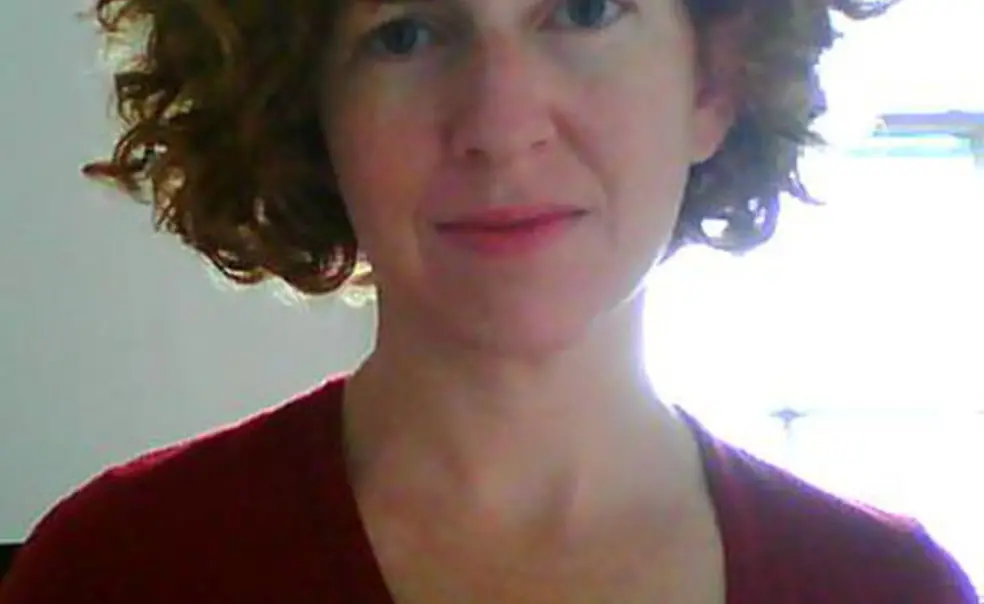Alumni Profile: Stella Landis *07, stemming violence in New Orleans
In late 2006, violence in New Orleans was spiraling out of control. The solidarity that had prevailed in the wake of Hurricane Katrina had given way to a rash of murders. After two people Stella Landis *07 knew were killed within a week of each other, she decided she had to do something. “We felt absolutely shattered by what was going on in the city,” the New Orleans native says.
With two other artists, Landis, a musicologist who often goes by her middle name, “Baty,” organized a march on City Hall to demand that local leaders take steps to stem the violence. They thought it would be a small affair. But 5,000 people showed up. Businesses shut down for the morning, and some schools sent their students. The marchers, who had adopted the slogan “Silence is Violence,” presented a letter to Mayor Ray Nagin. “We continue to lose neighbors, children, parents, and loved ones every day to the crisis in our streets,” it read. “You have given us silence and apparent indifference.”
In the days following the march, Landis and others wanted to do more. In honor of one of the victims, a 25-year-old drummer who had taught music in the public schools, Landis started music classes for at-risk teenagers at the Sound Café, the coffeehouse and performance space she owns. Later, other participants from the march started youth writing and poetry classes as well.
The group members formally organized themselves as Silence Is Violence, an all-volunteer community organization with a four-pronged mission. In addition to the classes, the group runs an anti-violence project in one New Orleans high school, organizes walks through various neighborhoods, informs residents about governmental and community-based victim resources, and serves as a watchdog on the criminal-justice system.
The watchdog role started when Silence Is Violence organizers began monitoring the prosecution of the drummer’s alleged killer. When the suspect was acquitted, the group, along with other community organizations, vociferously condemned what it saw as the city’s failure to successfully prosecute violent criminals. The pressure eventually prompted the district attorney to step down.
In addition to her work for Silence is Violence, Landis, who earned a Ph.D. in historical musicology at Princeton, is the executive director of Young Aspirations/ Young Artists, another arts and social service nonprofit that provides artistic training to at-risk youth. Landis believes that art programs are key in reducing crime among teens. “Young people have energy, and they are going to react to the things going on around them,” she says. “When you don’t have a way to vent your energies and get out your feelings and frustrations, you’re going to find other ways.” That could be religion or art, she says. “And violence is another way.”
At Young Aspirations/Young Artists, Landis says, teens regularly tell her they probably would be on the streets if not for the program. “We’re not going to solve the problem this way,” she says. “But by reaching [teenagers] one at a time, you can make a difference.”
E.B. Boyd ’89 is a freelance writer in San Francisco.












No responses yet